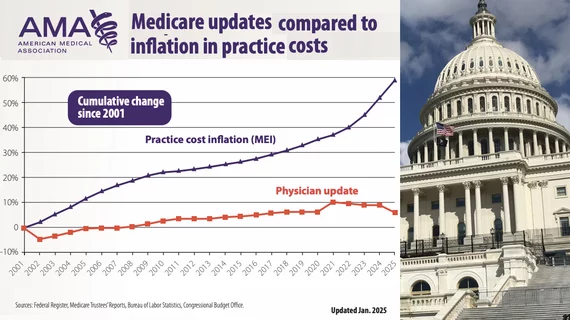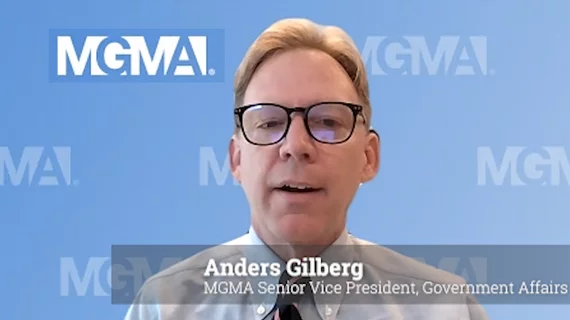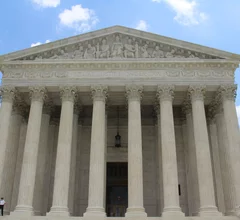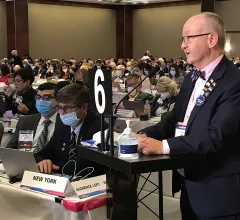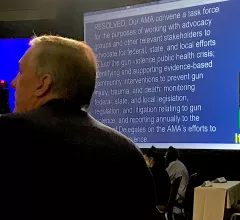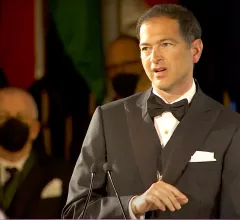Healthcare Associations
This page includes news coverage of primary healthcare business and policy setting associations. Find news specific to each organization by following these links: American Hospital Association (AHA), American Medical Association (AMA), College of American Pathologists (CAP), Healthcare Information Management Systems Society (HIMSS), College of Healthcare Information Management Executives (CHIME), Healthcare Financial Management Association (HFMA), and the Medical Group Management Association (MGMA). Find focused news coverage for Cardiology societies or Radiology associations.
Displaying 89 - 96 of 256
